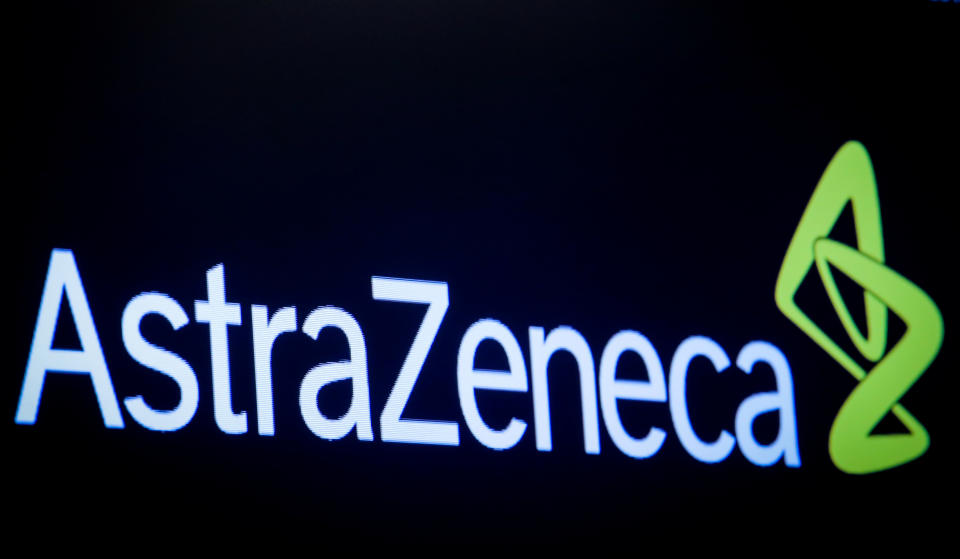Coronavirus: AstraZeneca could supply 2 billion doses of potential vaccine

Cambridge-based drugmaker AstraZeneca (AZN.L) this week signed two deals that will allow it to double the supply of a potential coronavirus vaccine to 2 billion doses.
A $750m (£609m) deal with two charities backed by the Bill and Melinda Gates Foundation — the Coalition for Epidemic Preparedness Innovations (CEPI) and the GAVI vaccines alliance — will see it manufacture, procure, and distribute 300 million doses.
The second partnership, with the Serum Institute of India (SII), will see it provide 1 billion doses to low-and-middle-income countries, including 400 million before the end of 2020.
AstraZeneca chief executive Pascal Soriot said that the company should know by August if the mooted AZD1222 coronavirus vaccine is effective, while CEPI chief executive Richard Hatchett has warned that there is still a chance it may not work.
READ MORE: AstraZeneca and University of Oxford team up on potential COVID-19 vaccine
The vaccine, developed by the University of Oxford’s Jenner Institute and the Oxford Vaccine Group, is currently being tested in around 10,000 adult volunteers.
Late-stage trials in a number of countries will soon begin, AstraZeneca said, noting that, while it recognised the vaccine may not work, it was “committed to progressing the clinical programme with speed.”
“We are working tirelessly to honour our commitment to ensure broad and equitable access to Oxford’s vaccine across the globe and at no profit,” said Soriot on Thursday.
“Today marks an important step in helping us supply [to] hundreds of millions of people around the world, including to those in countries with the lowest means. I am deeply grateful for everyone’s commitment to this cause and for their work in bringing this together in such a short time,” he said.
READ MORE: AstraZeneca to begin supply of Covid-19 vaccine in September
Last month, AstraZeneca signed a one-year deal with Oxford BioMedica, which operates a large commercial manufacturing centre, to produce multiple batches of the vaccine candidate.
The company said on Thursday that it was building a number of global supply chains “in parallel” to support access to the vaccine at no profit, noting it had secured manufacturing capacity for 2 billion doses.
United Nations secretary general Antonio Guterres said on Thursday that a vaccine must be seen as a “global public good,” and said that a number of world leaders were now calling for “a people’s vaccine.”

 Yahoo Finance
Yahoo Finance 
